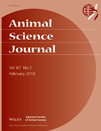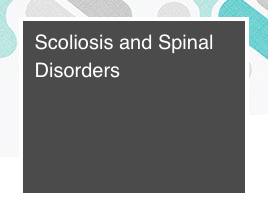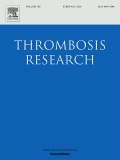
Fred Walumbwa, a management researcher with eight seven retractions, has received three expressions of concern from two journals after he failed to provide raw data following an investigation into potential errors.
In the past, Walumbwa has said he only keeps data until his papers are published, but a lack of raw data has become a common theme in his notices, which now also include four corrections, and one other EOC (making a new total of four). There are no standard rules about how long to store raw data, but one journal that issued two of the new EOCs has since updated its submission policy to require that authors keep data for at least five years.
Walumbwa currently works at Florida International University. When concerns about the statistics were raised about five of his papers in Personnel Psychology, the journal conducted an investigation that led to flagging two of those articles, the expression of concern explains:
Continue reading Concerns attached to three more papers by retraction-laden management researcher








